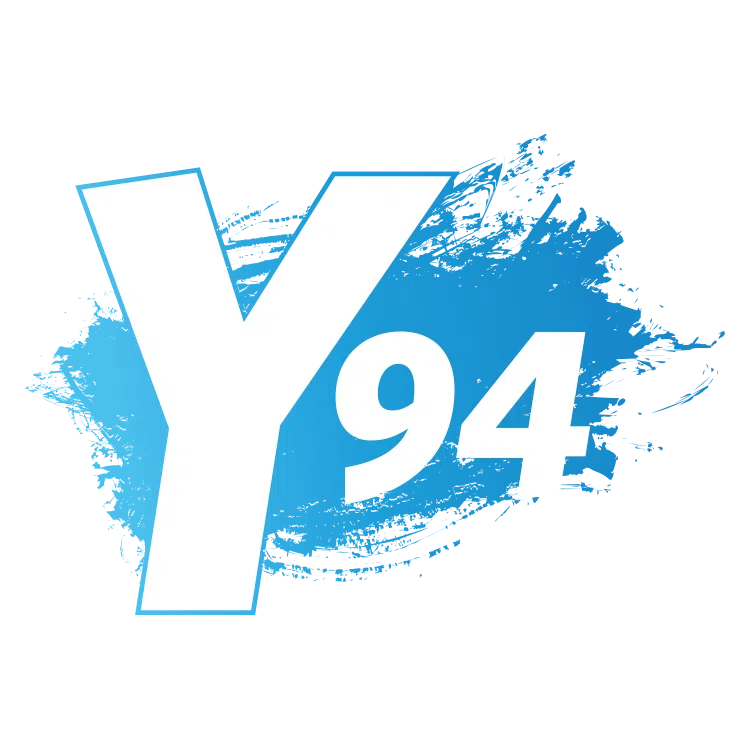Ever feel like people are speaking another language but it’s absolutely English? Maybe this will help!
Slay. Dank. Emojis.
Gen Zers (anyone who was born between 1997 and 2012) speak in a different way than generations before them.
What’s the most popular Gen Z slang word?
Letter Solver did research to determine the most loved Gen Z slang words. The terms “sleeping on” and “yeet” were the most popular. “Sleeping on” is used when someone is saying a person is missing out on something good, while “yeet” is used to mean “throw,” but also as a generic positive exclamation.
Other words which made this list were catch these hands, ratio, bussin’, glow up, mid, smol, low-key and rent free.
What’s the least popular Gen Z slang word?
The least popular Gen Z slang terms are clapback and cheugy. Other words which made this list were facts, valid, boujee, flex, big brain, bop, slay and sending me.
Gen Z slang explained
Glow-up: Think of this term as a way of describing how someone improved from where they used to be.
Slay: This word means to do something well or to do a good job.
Bet: Bet is a way of saying “yes” or “OK” or “it’s on.”
Vibing: Gen Z is big on vibes. Vibing describes a generic positive feeling that someone has about something.
Stan: This word is synonymous with supporting something.
Sus: Short-hand for suspicious.
Facts: This word is a way of saying that something is true.
Simp: A term for someone who admires another person. It’s usually used in a derogatory way to imply someone is paying weird amounts of attention to another person.
Slaps: If someone says that something “slaps,” they mean that it is really good.
Understood the assignment: If someone tells you that you “understood the assignment,” that means that you did something well and understood what you are supposed to do.
Cap: Cap is a word that means a lie. If someone says “no cap,” it means something like “I’m being totally honest.”
Tea: Refers to gossip aka spilling the tea.
Valid: This is a word that people use to express that something is understandable.
W or L: This is shorthand for “win” as in a good thing or “loss” as in a bad thing.
Big yikes: This is a way of saying something is bad.
Basic: This word is typically used adjectivally in connection with a person who is being described as unoriginal.
Ghost: This word is often used in dating. It means to stop talking to someone without telling the person that you are doing that.
Main character: This means that someone is the center of attention. It’s often used reflexively, not descriptively.
Hits different: This means that something is received in a positive and unique way.
Dank: Typically used in meme culture to refer to a hard-hitting meme and doesn’t have a typical definition.
It’s also important to know that Gen Zers often don’t use capitalization or punctuation when communicating over text or messages.






Comments